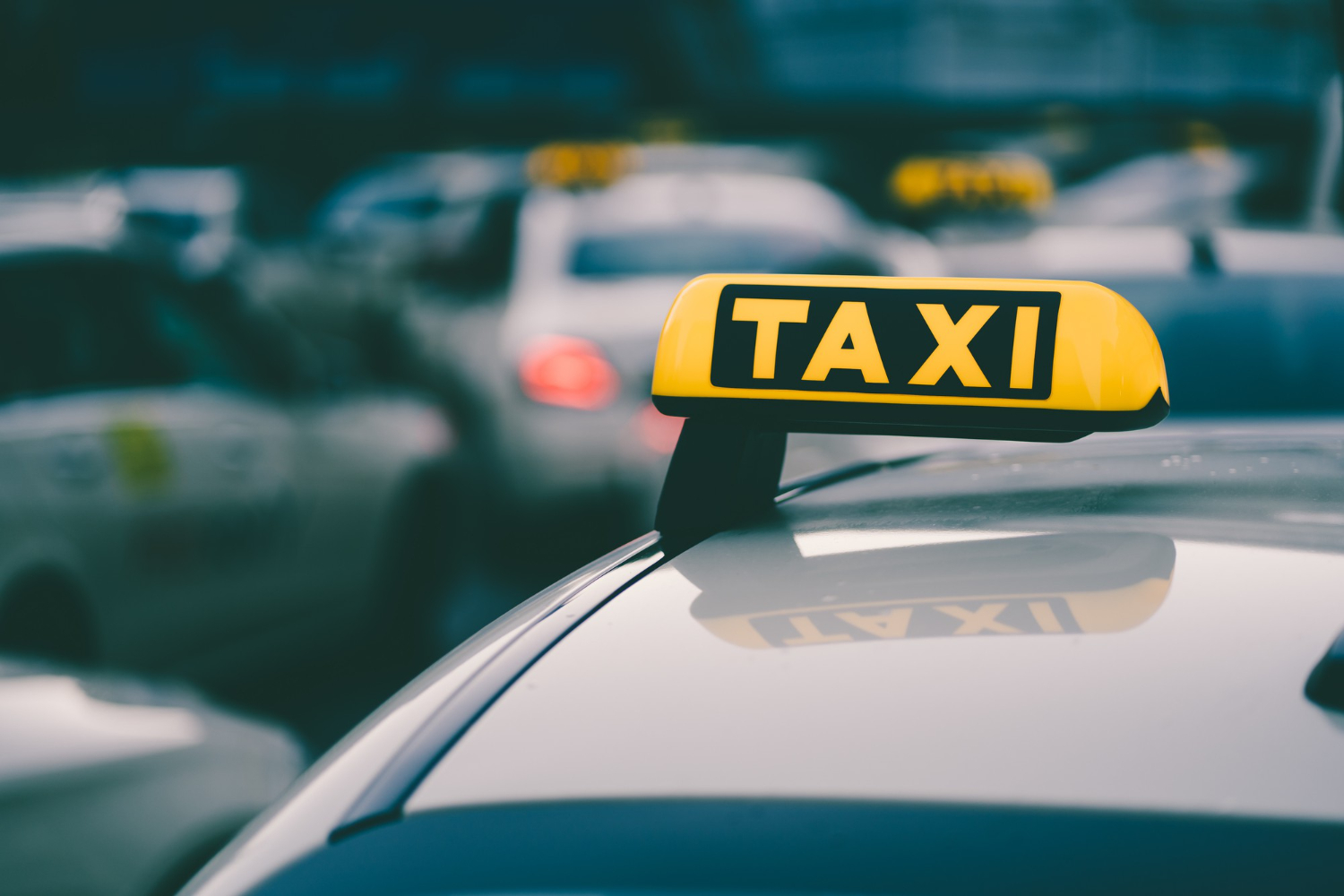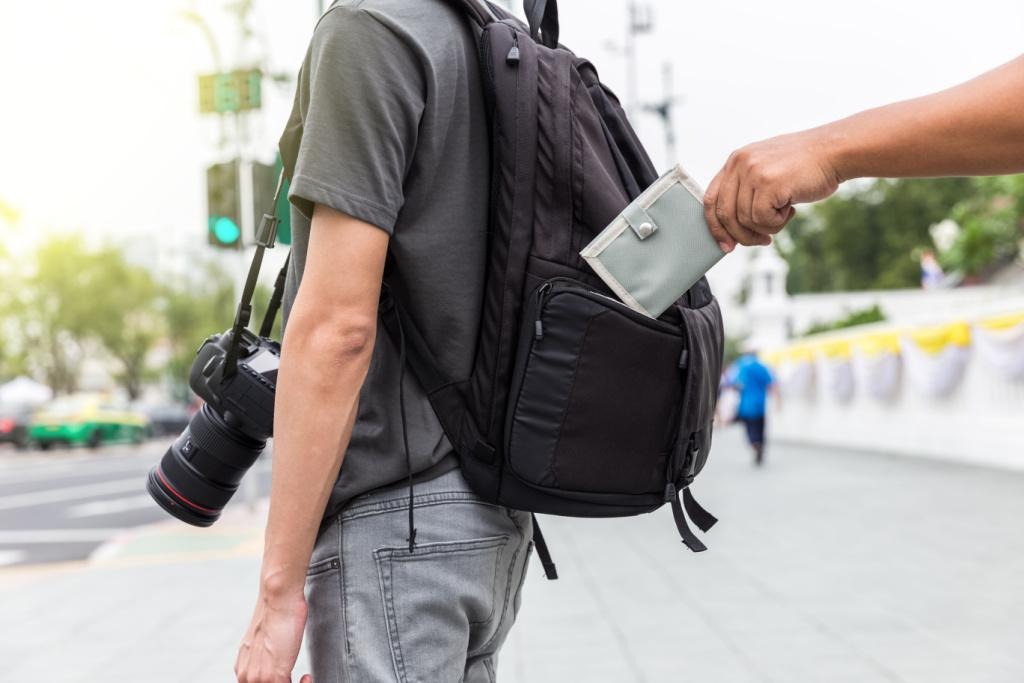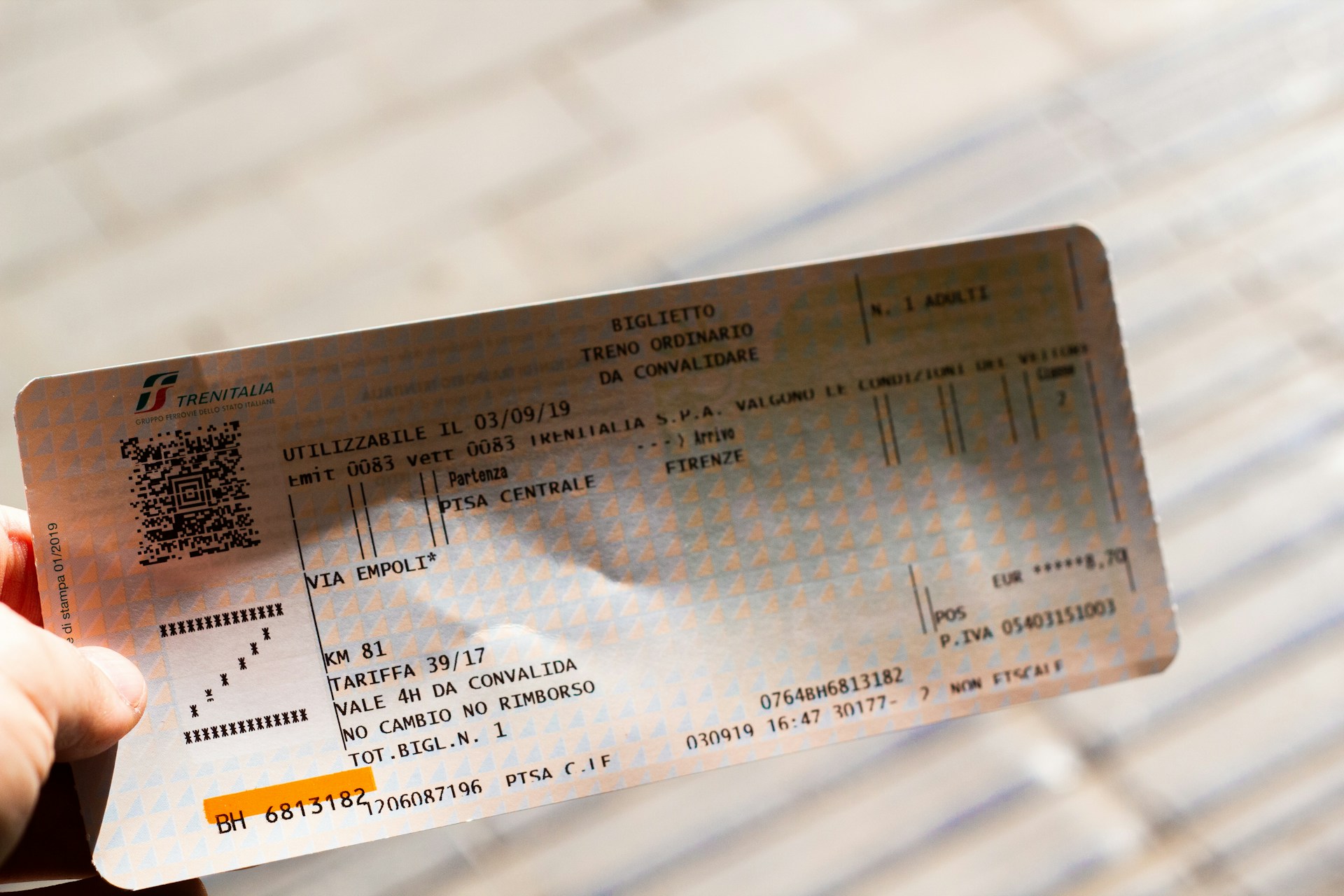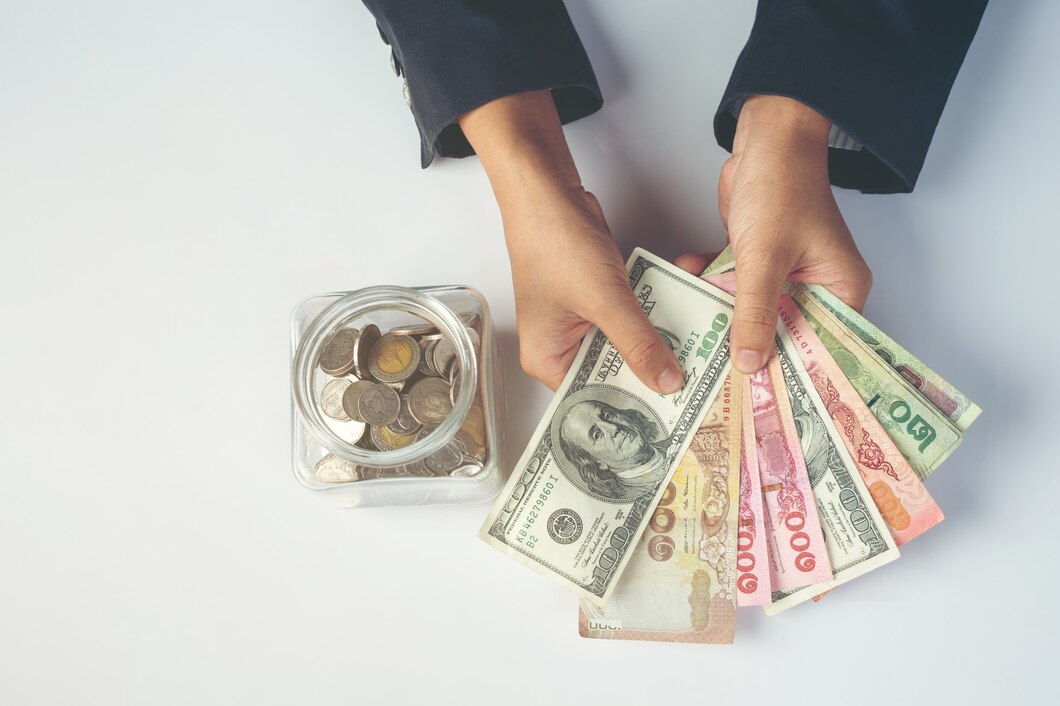
Avoiding Tourist Scams: What You Must Know
Travelling is an exciting and enriching experience, but staying alert to potential scams that target unsuspecting tourists is essential. From fake taxi meters to ATM fraud, scammers use clever tactics to exploit travellers. By learning about common travel scams and following key tourist safety tips, you can enjoy your trip with peace of mind. Here’s everything you need to know about scam-prevention travel strategies to protect yourself on your next adventure.
1. Fake Taxi Scams
One of the most widespread common travel scams, fake taxi drivers overcharge unsuspecting tourists or take unnecessarily long routes to increase the fare.
How It Works:
- Some taxis have rigged meters that escalate fares quickly.
- Drivers may claim their meter is broken and demand an excessive flat fee.
- Unlicensed drivers approach travellers at airports or bus stations, offering “cheap rides.”
Tourist Safety Tips:
- Always use official taxi services or ride-hailing apps like Uber or Bolt.
- If the meter isn’t used, agree on the fare before starting the trip.
- Check the driver’s ID and ensure they are licensed before entering a cab.
Scam Prevention Travel Tip: Avoid accepting rides from drivers who aggressively approach you at transportation hubs.
2. Pickpocketing and Distraction Scams

Pickpockets operate in crowded tourist areas, using distractions to steal wallets, phones, and passports.
How It Works:
- A stranger may “accidentally” spill something on you and offer to clean it up while an accomplice picks your pocket.
- Street performers or beggars may attract large crowds where pickpockets operate unnoticed.
- Fake police officers may ask to see your passport and wallet only to take your money.
Tourist Safety Tips:
- Keep valuables in a money belt or anti-theft bag.
- Be cautious when approached by overly friendly strangers.
- Never hand over your wallet or passport to anyone claiming to be an official without verifying their identity.
Scam Prevention Travel Tip: Always carry a photocopy of your passport and keep the original in a hotel safe.
3. Fake Attraction and Ticket Scams

Scammers may sell counterfeit tickets or overcharge tourists for entry to popular sites.
How It Works:
- Fake tour operators sell non-existent or overpriced attraction tickets.
- Some scammers pose as “guides” outside attractions and insist tickets must be purchased through them.
- Unlicensed vendors may offer discounted tickets that turn out to be invalid.
Tourist Safety Tips:
- Purchase tickets only from official websites or licensed vendors.
- Verify tour companies through online reviews before booking.
- Beware of “urgent” offers where sellers pressure you to buy immediately.
Scam Prevention Travel Tip: Check official attraction prices online before visiting to avoid overpaying.
4. ATM and Credit Card Fraud
Using an ATM in an unfamiliar place can make you a target for fraudsters.
How It Works:
- Skimming devices are installed on ATMs to steal card details.
- Fake “helpful” locals offer assistance at ATMs while memorising your PIN.
- Some shops or restaurants may duplicate credit card information during transactions.
Tourist Safety Tips:
- Use ATMs inside banks rather than standalone machines.
- Cover your PIN when entering it and check for tampering before inserting your card.
- Use credit cards with fraud protection and avoid handing them over to vendors.
Scam Prevention Travel Tip: Set up mobile transaction notifications to monitor suspicious activity in real time.
5. Overpriced Currency Exchange

Some currency exchange offices exploit tourists by offering alarming rates or charging hidden fees.
How It Works:
- Some kiosks advertise “no commission” but have poor exchange rates.
- Scammers may swap actual bills with counterfeit money or shortchange customers.
- Unofficial money changers on the street offer seemingly great deals but give fake currency in return.
Tourist Safety Tips:
- Exchange money at reputable banks or official exchange offices.
- Always count your money before leaving the exchange counter.
- Avoid changing large amounts of cash in unfamiliar locations.
Scam Prevention Travel Tip: Use a currency conversion app to verify fair exchange rates before making a transaction.
6. Fake Charity and Donation Scams
Scammers may pose as charity workers to guilt tourists into giving money.
How It Works:
- Someone approaches with a clipboard asking for signatures and donations.
- Fake monks or religious figures ask for “blessings” in exchange for donations.
- Children may be used to gain sympathy and pressure tourists into giving money.
Tourist Safety Tips:
- Politely decline donation requests from street solicitors.
- If you want to donate, give directly to reputable charities.
- Avoid giving money to children begging on the streets, as they may be part of organised scams.
Scam Prevention Travel Tip: Research local charities before donating to ensure your money goes to a real cause.
7. Rental Scams (Scooters, Jet Skis, Cars)
Many tourists rent vehicles abroad, but some rental shops use scams to charge extra fees.
How It Works:
- Rental companies claim tourists damaged the vehicle and demand high repair fees.
- Fake rental businesses steal deposits and disappear.
- Some scammers provide faulty equipment and then blame the renter for the damage.
Tourist Safety Tips:
- Take photos and videos of the vehicle before and after rental.
- Read reviews and rent only from trusted rental agencies.
- Ensure a contract is provided with transparent terms and conditions.
Scam Prevention Travel Tip: Always use a credit card for deposits instead of cash, as it offers better fraud protection.
8. Fake Accommodation Listings
Tourists booking accommodation online may fall victim to fake hotel or apartment scams.
How It Works:
- Fraudulent websites list non-existent properties at unbeatable rates.
- Scammers demand full payment upfront but disappear after receiving it.
- Fake hosts on rental platforms cancel last minute and refuse refunds.
Tourist Safety Tips:
- Book through reputable platforms like Booking.com, Expedia, or Airbnb.
- Check guest reviews and avoid listings with few or no ratings.
- Never wire money directly—use secure payment methods through trusted sites.
Scam Prevention Travel Tip: If a deal seems too good to be true, it probably is—always verify the legitimacy of the listing.
Final Thoughts: Stay Smart and Travel Safe
Awareness of common travel scams is the first step to ensuring a stress-free trip. By following these tourist safety tips and applying scam-prevention travel tactics, you can protect yourself from fraud while enjoying new destinations. Stay alert, trust your instincts, and constantly research before purchasing or committing.
Have you ever encountered a travel scam? Share your experiences and tips in the comments below!


